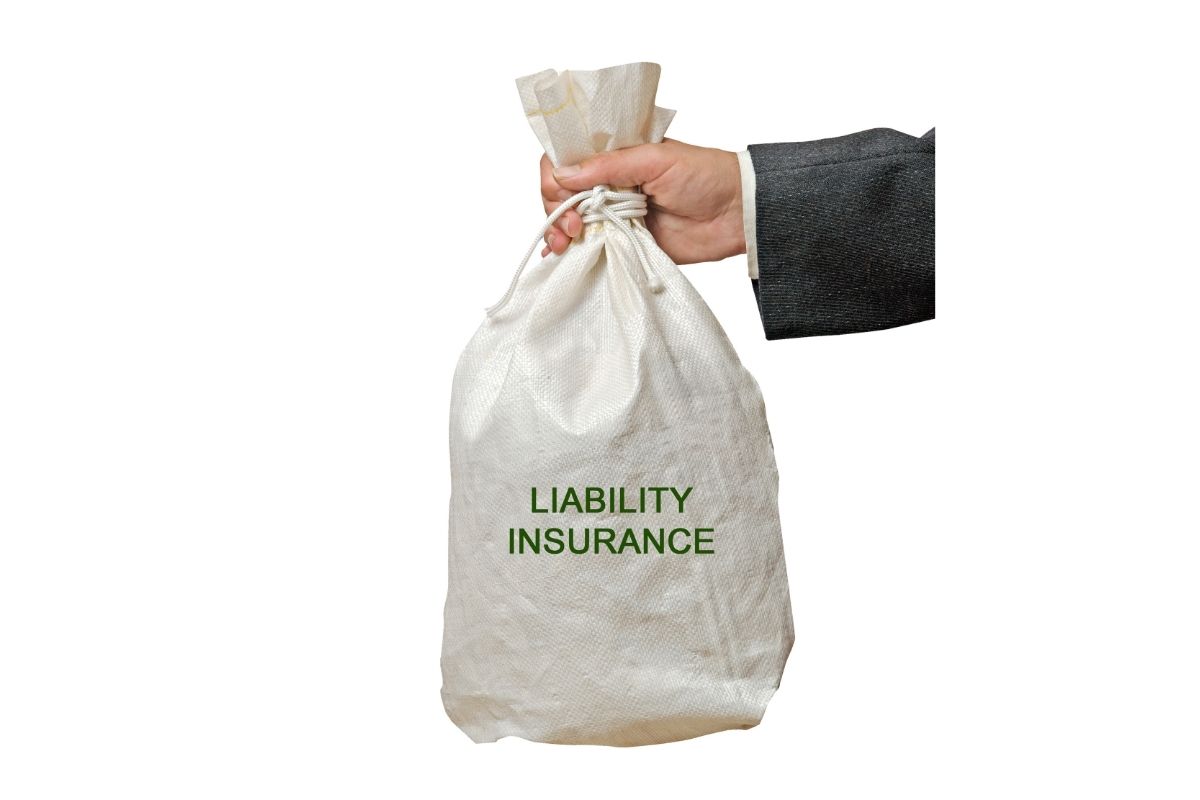What is a surety bond? What does it cover? How much does it cost?
A surety bond is a type of insurance that protects businesses against financial losses due to employee misconduct or other liabilities.
Surety bonds are typically issued by private companies (not government agencies) and are often required by law.
Surety bonds are usually issued by private companies (such as banks), and they are usually required by law. They protect businesses against financial losses due to employee misconduct or other liabilities such as lawsuits.

The amount of the bond depends on the risk involved but generally ranges from $5,000 to $10 million per year.
The benefits of having a surety bond include:
Protection from financial losses when a contractor fails to complete work on time
A surety is a person or company that agrees to be responsible for another person or company's debts. In this case, the surety would agree to be liable for any debt incurred by its client.
For example, if a construction company hires a general contractor to build a house, the general contractor will hire subcontractors to do various jobs on the project.
If one of those subcontractors causes damage to property owned by the homeowner, the homeowner can sue the subcontractor and the general contractor.
But if the homeowner sues only the general contractor, the general contractor could claim that he did not know about the subcontractor's actions and therefore cannot be held accountable.
To avoid this problem, the general contractor may require his subcontractors to get a "surety" to guarantee payment.
This means that the surety would be responsible for paying the subcontractor's bills even if the general contractor is unable to do so.
In return for guaranteeing the subcontractor's payments, the surety receives a fee called a premium. For example, if the premium is 10%, then the surety would receive 90% of all money paid out by the subcontractor.
In order to make sure that the surety is financially stable, the surety must also provide collateral to ensure that it has enough cash to cover any claims made against it. Collateral includes things like real estate, cars, or bank accounts.
Sureties typically offer two types of coverage:
Business owners often need a surety bond because they want protection from potential legal problems. Business owners may need a surety bond if they are hiring employees with criminal records or if they are hiring employees who have been convicted of crimes.
Business owners may also need a surety bond to protect them from lawsuits filed by customers. For example, if a customer slips and falls at your business, you might be sued for medical expenses and lost wages. You could use a surety bond to cover these costs.
If you are required to post a bond as part of a government contract, you should check with your local building department before signing a contract. They will tell you whether you are required to obtain a bond.
If you are unsure whether you need a surety bond, ask an insurance agent or lawyer. He or she can help you determine whether you need a bond based on your situation.
A surety is different from an insurance company in several ways. First, a surety is usually much smaller than an insurance company. A surety is generally limited to providing bonds for businesses.
A surety will charge less than an insurance company because it does not have to pay for overhead such as marketing, administration, and underwriting.
Another difference between a surety and an insurance company is that a surety pays its premiums directly to the bonding company.
In contrast, an insurance company collects premiums from policyholders and then uses those funds to pay claims.
The final difference between a surety bond and an insurance policy is how the two companies handle claims.
If you file a claim with an insurance company, you will probably have to wait months or years before receiving payment.
However, if you file a claim with a surety, you will likely be reimbursed within days or weeks.
A general liability policy provides coverage for bodily injury and property damage.
These policies cover many different kinds of risks, including slip-and-fall accidents, car accidents, and other events that cause injuries or damage to people or their belongings.
General liability policies do not provide coverage for all possible risks. Instead, they limit the amount of risk covered so that the insurer only has to pay out money when there is a large loss.
For example, if you own a restaurant and someone gets hurt while eating there, you would most likely need to buy a general liability policy. Your policy would cover any damages up to $1 million.
However, if you own a home improvement store and someone trips over a nail while painting his house, you would probably not need a general liability policy.
Because the risk of this accident is small, your insurer would not need to pay out more than $10,000.
Businesses often require either a surety bond or a general liability policy. This decision depends on what kind of business you run.
In some cases, a surety bond is enough protection. For example, if you own an auto repair shop, you may not need a general liability insurance policy.
You could get by without one because your insurer would reimburse you for any losses caused by an uninsured driver.
In other situations, however, a general liability policy might be necessary. For example, if your business sells products online, you should consider getting a general liability policy.
Without this type of coverage, you could face legal problems if a customer buys something defective and files a lawsuit against you.
If you decide to purchase a surety bond instead of a general liability policy, make sure that your insurer can write both types of policies. Otherwise, you will end up paying twice for the same coverage.
Yes, you can get both a surety bond and a general liability policy. However, you must carefully read each policy's terms and conditions to ensure that you are getting exactly what you want.
You also need to make sure that you understand the differences between these two types of policies. In particular, check whether a surety bond covers the same risks as a general liability policy.
Buying a surety bond or buying a general liability policy is a big decision. Before making your choice, it is important to think about why you need insurance in the first place.
A surety bond protects businesses from financial loss due to lawsuits filed by customers. If you sell products online, a surety bond can protect you from any claims made by unhappy customers.
On the other hand, a general liability policy provides coverage for many different kinds of accidents. For example, if someone slips and falls at your business, you would need a general liability policy to cover their medical bills.
When deciding which policy to buy, keep in mind that a surety bond does not provide unlimited coverage. Instead, it only reimburses you for certain kinds of losses.
You may be wondering about the differences between construction insurance and surety bonds. Construction insurance helps builders build homes and commercial buildings. Surety bonds help contractors finish projects on time and within budget.
Surety bonds protect businesses from financial loss due to a lawsuit filed by a customer. If you run a small business, you probably don't need a surety bond. But if you sell products online, you should definitely consider getting one.
Unlike construction insurance, surety bonds do not offer unlimited coverage. They only reimburse you for specific types of losses. This means that they won't pay out more than you have paid into them.
For example, if you bought $10,000 worth of surety bond coverage, but then lost $20,000 because of a lawsuit, you wouldn't receive $30,000 back from your insurer. You would only get $10,000.
In addition to surety bonds, there are several other types of insurance that you may need when running a business. These include property insurance, workers' compensation insurance, and general liability insurance.
Property insurance covers physical damage to your building. Workers' compensation insurance pays for injuries caused by employees.
Finally, general liability insurance protects you against legal problems such as product recalls and class action lawsuits.
Choosing between a surety bond and a general liability policy can be a challenge.
To help you decide, there are a few elements that you will need to consider, and ultimately, the decision will depend largely on the nature and type of your business, as well as your needs.
Ultimately, a commercial surety bond offers the protection that your business needs to succeed, so should be a key priority.
